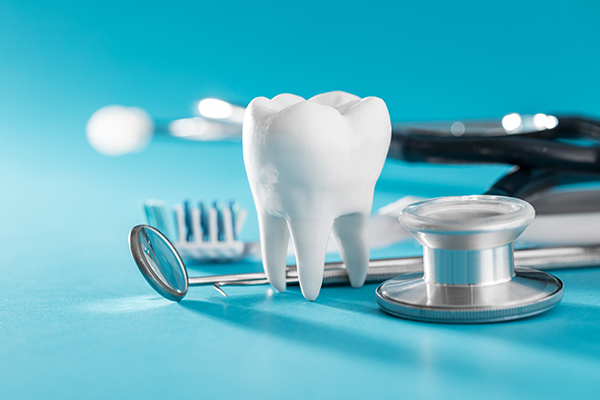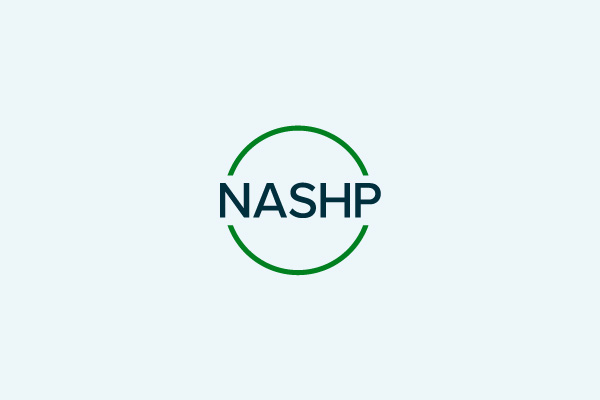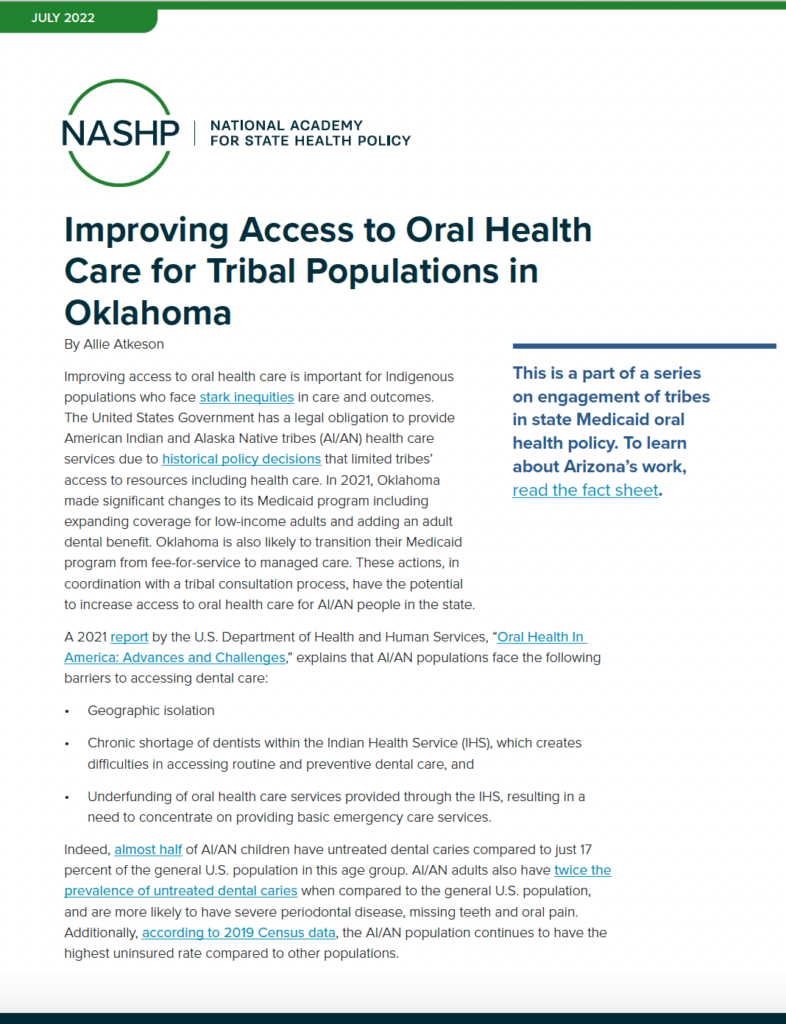States are engaged in a variety of efforts to improve oral health access as part of improving overall health outcomes for Medicaid members. Medicaid managed care contracting provides a pathway for states to use performance-based measurement, payment, and other incentives to improve care delivery. The National Academy for State Health Policy (NASHP) convenes state health officials monthly to discuss oral health and overall health policy initiatives. Recently, Pennsylvania shared their work with managed care organizations (MCO)s to improve access to oral health care services through quality improvement projects, measures, and incentives.
In Pennsylvania, dental services are delivered through physical health MCOs (PH-MCOs) that contract with prepaid ambulatory health plans. Pennsylvania currently has eight PH-MCOs that cover different populations and geographies across five zones. (Note, Medicaid members’ new PH-MCO plans will begin September 1st, 2022). As highlighted in a 2020 Center for Medicaid and CHIP Services informational bulletin, Pennsylvania Medicaid has improved oral health access and quality of care by requiring MCOs to hire a dental director and execute performance improvement projects (PIPs) for pediatric preventative dental care. Recently, Pennsylvania’s Medicaid program implemented additional policies to support MCO quality improvement projects to improve oral health
Public Health Dental Hygiene Practitioners are registered dental hygienists who provide evaluations and limited dental services, like cleanings and cavity identification, in specific public health practice sites without the supervision of a dentist. Eligible sites include schools, correctional facilities, health care facilities and federally qualified health centers (FQHCs).
Medicaid Managed Care Dental Performance
Over the past few years, Pennsylvania’s Medicaid agency (Department of Human Services or DHS) has taken specific steps to improve the quality of dental care provided by MCOs. Such steps included DHS convening MCOs quarterly to discuss their performance metrics through Quarterly Quality Review Meetings (QQRMs). In 2021, DHS began specific dental QQRMs to optimize oral health efforts within each PH-MCO. Creating a dedicated meeting for dental initiatives allowed MCOs to discuss their target population, program design and performance metrics with DHS.
DHS identified quality performance measures that PH-MCOs can use as indicators for their dental initiatives:
- Annual dental visit for ages 2-20 years (Healthcare Effectiveness Data and Information Set measure)
- Annual adult dental visit (with an additional subcategory for the maternity population)
- CMS 416 preventative services
- Fluoride varnish
- Tobacco cessation counseling
- Dental sealants
To support PH-MCOs, Pennsylvania created templates to assist PH-MCOs in designing and tracking their oral health initiatives as measured by quality indicators. This template includes data driven initiatives, measured by quality indicators, as well as general initiatives that address medical, dental, and behavioral health integration, teledentistry and other oral health inequities.
PH-MCO Initiatives to Promote Oral Health
Each PH-MCO in Pennsylvania can design their quality initiative to meet the needs of their members. Some examples of oral health initiatives include:
Connecting members with resources to address social determinants of health. PH-MCOs are using search and referral tools to connect members with resources like diaper banks, food security supports and transportation. PH-MCOs also work with the Special Supplemental Nutrition Program for Women, Infants, and Children (WIC) to promote the program among their members.
Providing virtual dental education. During the COVID-19-realted school closures, one PH-MCO worked with community organizations including Head Start, Pre-K and daycares to provide a virtual education program. The program included a learning kit with a soap tooth, sprinkles, and string, and a digital presentation by a public health dental hygienist. These materials and the corresponding presentation teach children and their caregivers brushing and flossing techniques and give them the opportunity to practice together.
Leveraging the Public Health Dental Hygiene Practitioner (PHDHP) program. PH-MCOs employ PHDHPs to provide selective preventative services and oral health education. The three target populations for one PH-MCO in Pennsylvania are children ages 2-20, members with complex care needs, and members who frequent the emergency department with dental-related needs. PHDHPs provide services including preventative screenings, fluoride varnish, referrals, and tobacco cessation counseling in clinical practice sites.
Coordinating care for pregnant people. Roughly half of pregnant women in Pennsylvania had their teeth cleaned during pregnancy. Health Partners Plans’ Baby Partners program creates an individualized care plan for members. The plan is created with a care coordinator and includes establishing a dental home, assistance scheduling a dental appointment, and dental visit tracking. Members can also complete qualified activities, like a dental visit, to earn points. Points can be redeemed for items like diapers in the reward catalog.
Increasing access with mobile dentistry. A PH-MCO used geo-mapping to identify pediatric member dense regions with limited dentist availability for a mobile dental unit. The unit is equipped to offer prophylaxis, fluoride and sealant application, x-rays, and exams when necessary. Members are referred to dentists for additional care if needed. Over a three-year period, more than 500 members were seen, and more than 70 percent of members kept their referral visits. The mobile unit anticipates providing more than 500 members care in 2022.
Conclusion
MCO quality initiatives can result in increased access and improved outcomes in oral health for pediatric and adult Medicaid members. These initiatives occur at the community and clinic level and aim to connect members with care and social services as needed. The state can provide incentives for MCOs that meet performance targets. As Pennsylvania has shown, quality initiatives are one lever to incentivize MCOs to provide innovative oral health programming to Medicaid members.
To learn more about state quality efforts, check out these NASHP resources:
- State Improvement Projects, Performance Measures, and Incentives Promoting Children’s Preventive Services
- Tennessee: Using Managed Care Incentives to Improve Preventive Services and Care for Children
- Medicaid Incentives, Performance Measures, and Workforce Innovations Foster Access to Pediatric Oral Health Care
View Pennsylvania’s Quarterly Quality Review Meeting template here.
Acknowledgements
This blog was made possible by the CareQuest Institute for Oral Health. The authors would like to thank the state officials who helped review and provide feedback on this fact sheet.




